|
 David Mcnew/Getty | |||
| It’s hard, sometimes, not to imagine the parallel world: the one in which major corporations, back in the 1960s, realized that the planet was warming and told the public about it. In this alternate timeline, the companies long ago refocused their businesses on efficiency and renewable energy, rather than funding the climate denial that has blocked serious climate legislation to this day. And now, consequently, the state of the climate isn’t quite so catastrophic. It’s worth reading Kate Aronoff’s piece at TNR this week about Ford and General Motors—who, an E&E News investigation recently showed, knew about climate change over half a century ago, just as ExxonMobil and Shell did. Had they and others acted differently (admittedly, a long shot in the world of profit), we might now be facing a very different set of stakes in this election. Mary Annaïse Heglar wrote about those stakes—about the terrible weight of history on next week’s outcome. Climate change can’t be solved without the United States—and, specifically, the U.S. federal government. And we’re running out of time. “Spare me the half-baked schemes to run away to Europe or Canada or New Zealand,” Heglar wrote. “There is no place on earth that will survive the climate crisis unscathed, at least not for long.”
As we were finalizing this newsletter, news broke that President Trump is stripping protections from Tongass National Forest, a huge carbon sink and one of the largest temperate rain forests in the world. Now would be the time to vote. —Heather Souvaine Horn, deputy editor | |||
 | |||
 | |||
| Crews in Washington state have successfully trapped individual “murder hornets,” tied trackers to them with dental floss, tracked them to their nest in a tree, wrapped cellophane around the tree, vacuumed the hornets out, anaesthetized remaining hornets with carbon dioxide, sealed the tree with foam, “wrapped it again with cellophane, and finally placed traps nearby to catch any survivors or hornets who may have been away during the operation,” according to the AP. Then they’re going to cut the tree down. That’s … maybe good news? Fighting these suckers is not going to be easy. | |||
 | |||
| Climate change is coming for rock and roll, as floods and invasive beetles drive a shortage of swamp ash wood, which is used for many electric guitars. Also, the Trump administration has apparently been burying clean energy reports, according to a Grist-Investigate West reporting collaboration. | |||
 | |||
| Coal baron Bob Murray died last weekend at the age of 80. He is infamous for fighting safety and environmental regulations, presiding over several deadly mining disasters, funding climate denial, shirking his company’s financial obligations to its workers, coercing employees to donate to the company’s Republican-oriented Political Action Committee, allegedly sexually harassing employees, and suing people who criticized him. He was not a nice man. | |||
 | |||
| Revealed: the full extent of Trump’s “meat cleaver” assault on U.S. wilderness | |||
| You’ve simply got to check out The Guardian’s multimedia feature on drilling on public lands. It’s a terrific visual representation of what’s happened in the past four years. There are color-coded maps. There are estimates of the total number of leases the administration has sold. There are beautiful photographs of the lands in question. There’s coverage of the Hopi battle over Bears Ears National Monument, as well as the illegal tenure of William Perry Pendley, the appointed head of the Bureau of Land Management who has never been confirmed by the Senate. “What has happened at Bears Ears is not an exception,” Emily Holden, Jimmy Tobias, and Alvin Chang write. “Under Donald Trump, the government has auctioned off millions of acres of public lands to the fossil fuel industry, the Guardian can reveal, in the most comprehensive accounting to date of how much public land the administration has handed over to oil and gas drillers over the past four years.” | |||
| Emily Holden, Jimmy Tobias, and Alvin Chang | The Guardian | |||
| Advertising  | |||
 | |||
| Support Independent, Issue-Driven Journalism | |||
| | |||
| Copyright © 2020 The New Republic, All rights reserved. | |||

